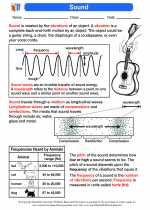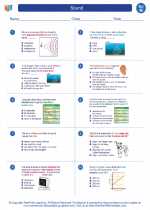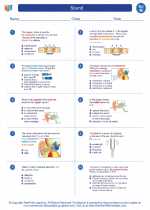Signal Transmission
Signal transmission refers to the process by which signals, such as electrical or chemical impulses, are transmitted from one location to another within an organism. This process is vital for communication within and between cells and is essential for the proper functioning of the nervous system, endocrine system, and various other physiological processes.
Types of Signal Transmission
There are two main types of signal transmission: electrical and chemical.
Electrical Signal Transmission
In the nervous system, electrical signals, in the form of action potentials, travel along the length of nerve cells, or neurons, allowing for rapid communication within the nervous system. This type of transmission is fast and is essential for processes such as muscle contraction, sensory perception, and coordination of bodily functions.
Chemical Signal Transmission
Chemical signal transmission involves the release of signaling molecules, such as neurotransmitters or hormones, which travel through the bloodstream or across synapses to target cells. This type of transmission is slower but allows for more widespread and long-lasting effects within the body.
Key Concepts
It's important to understand the following key concepts related to signal transmission:
- Neurons: These are specialized cells that transmit electrical signals within the nervous system.
- Action Potential: This is a rapid change in the electrical potential across a nerve cell membrane, allowing for the transmission of electrical signals.
- Synapse: This is the junction between two nerve cells, where chemical neurotransmitters are released to transmit signals from one neuron to another.
- Neurotransmitters: These are chemical messengers that transmit signals across synapses to target cells.
- Hormones: These are chemical messengers released by endocrine glands into the bloodstream to regulate various physiological processes.
Study Guide
To effectively study signal transmission, consider the following tips:
- Understand the structure and function of neurons, including the components of a neuron and the process of action potential generation.
- Learn about the different types of neurotransmitters and their specific roles in signal transmission within the nervous system.
- Explore the concept of synapses and the mechanisms of neurotransmitter release and reception.
- Study the endocrine system and the major hormones involved in signal transmission, along with their target organs and physiological effects.
- Review the differences between electrical and chemical signal transmission and the advantages of each type in specific physiological processes.
By mastering these concepts and study tips, you'll have a solid understanding of signal transmission and its importance in maintaining homeostasis and proper functioning of the body.
.







